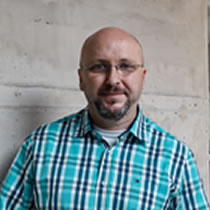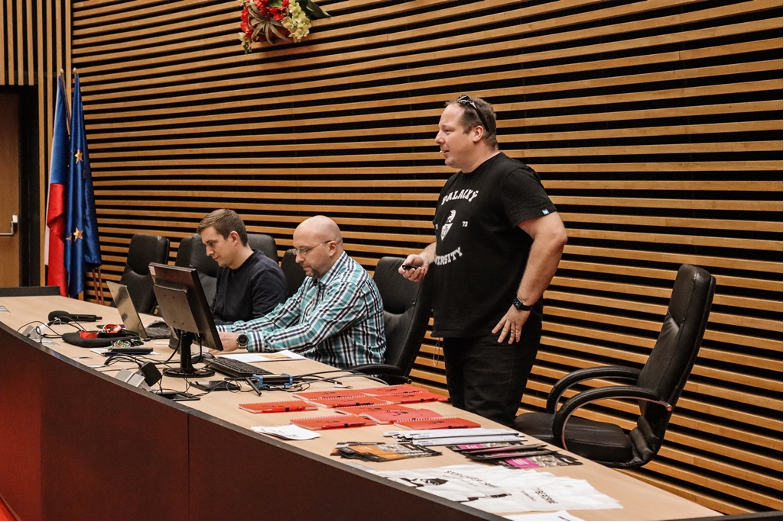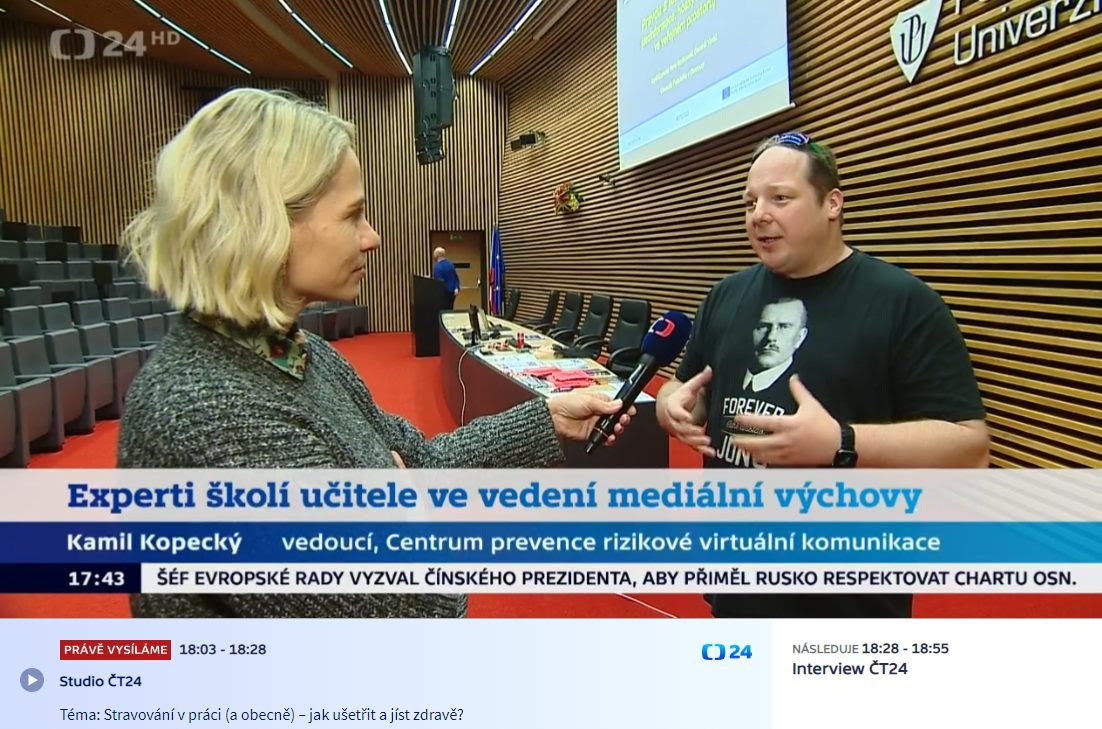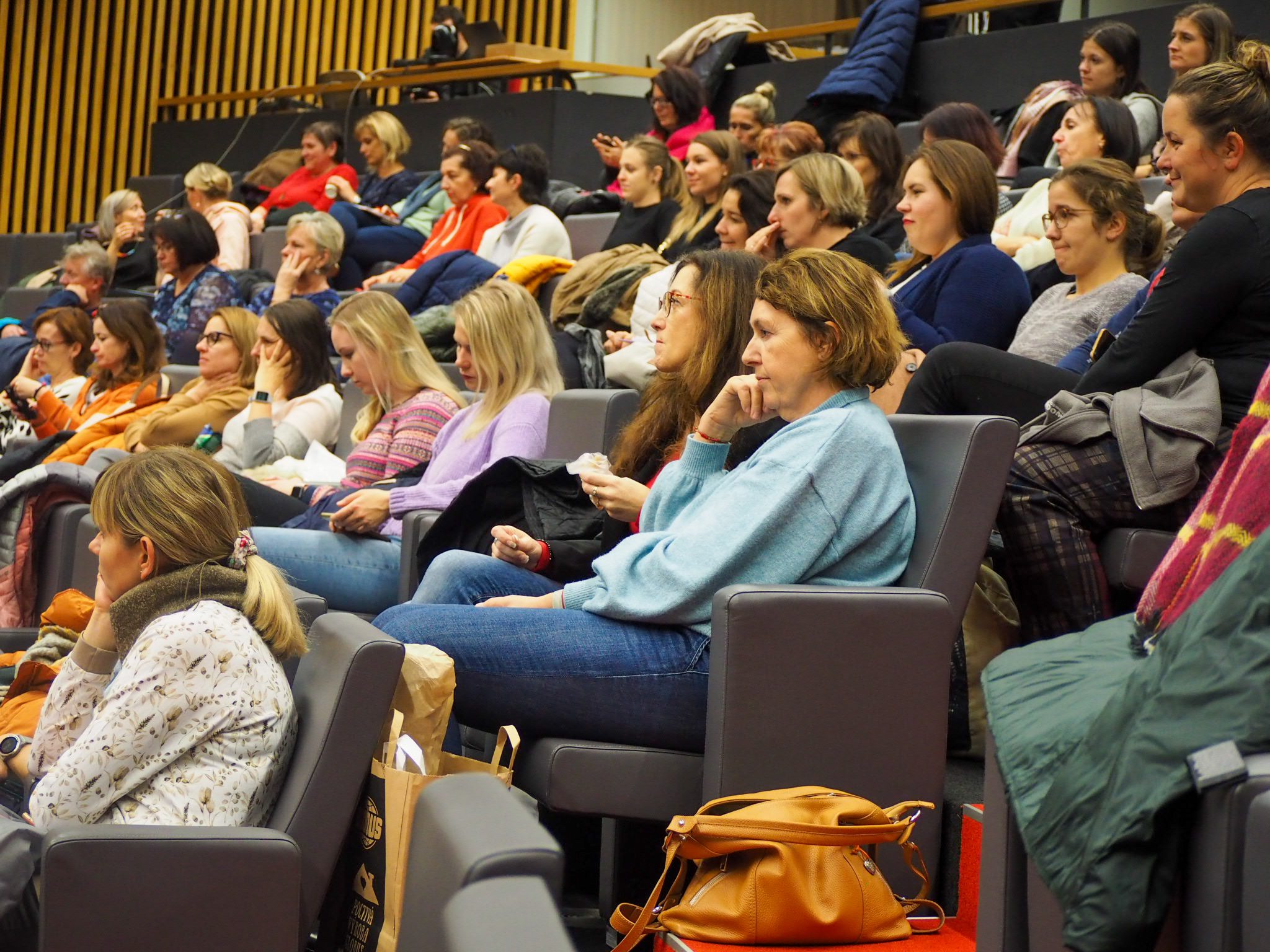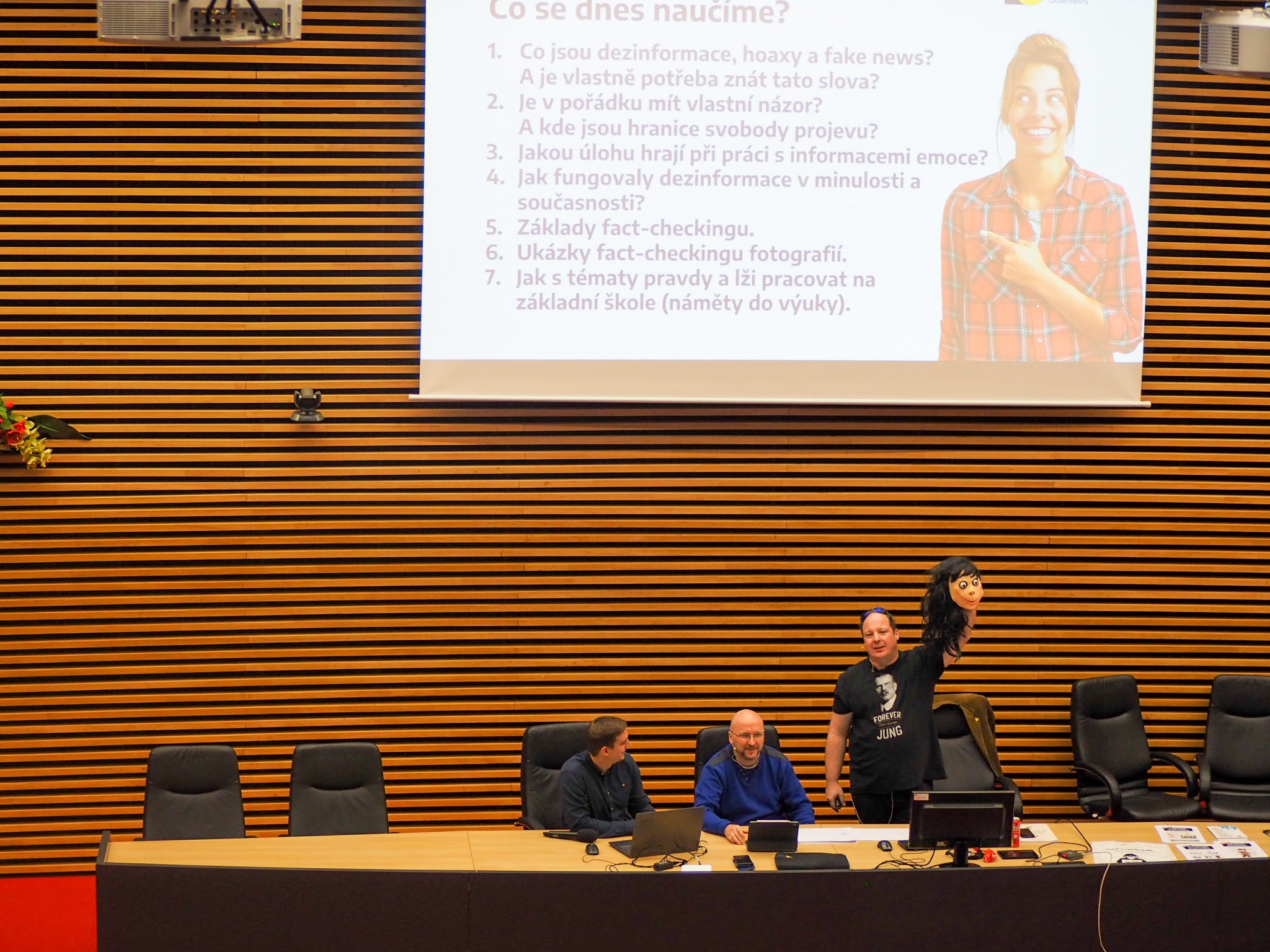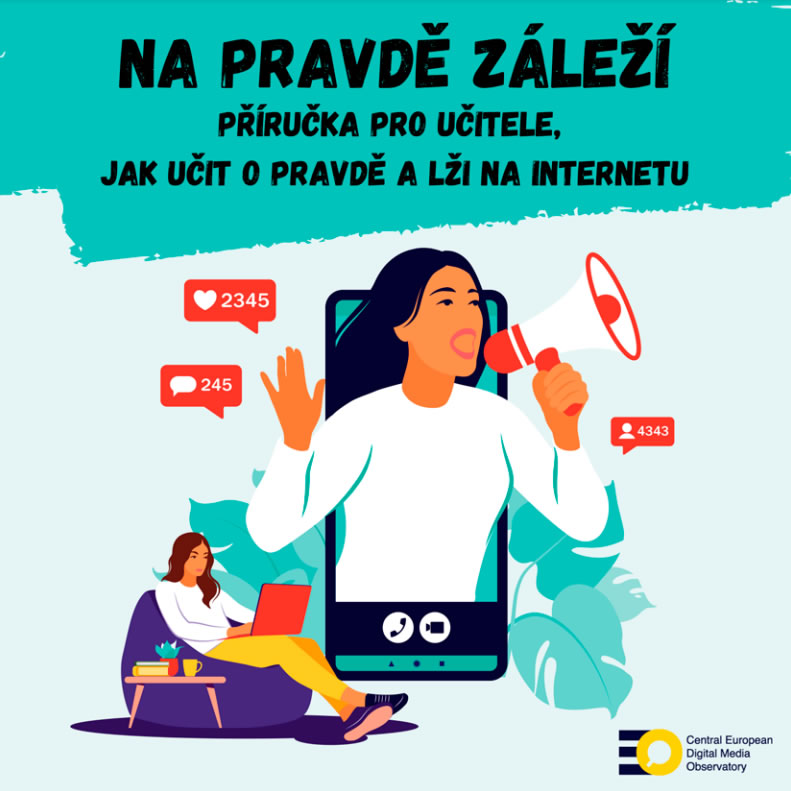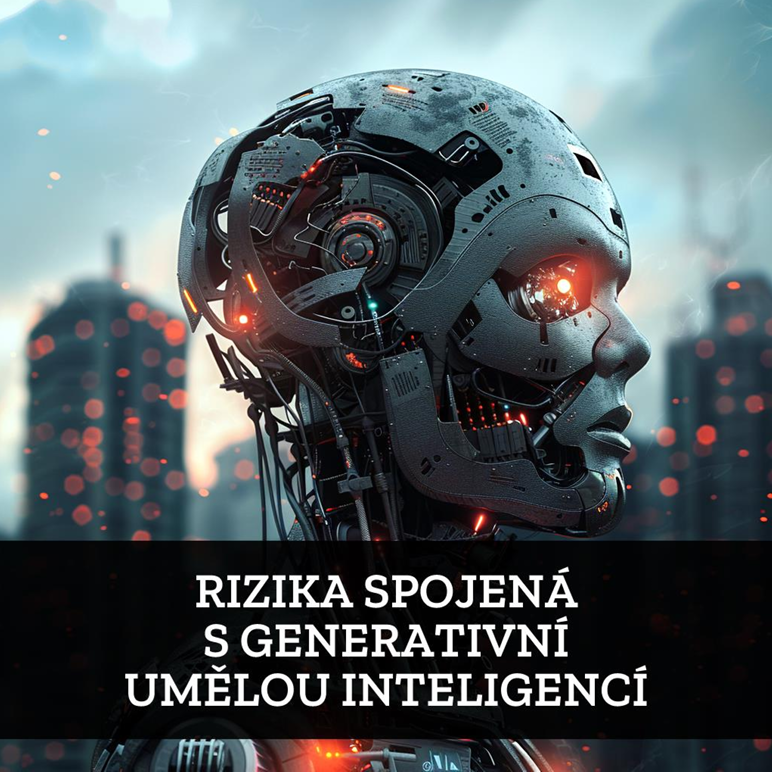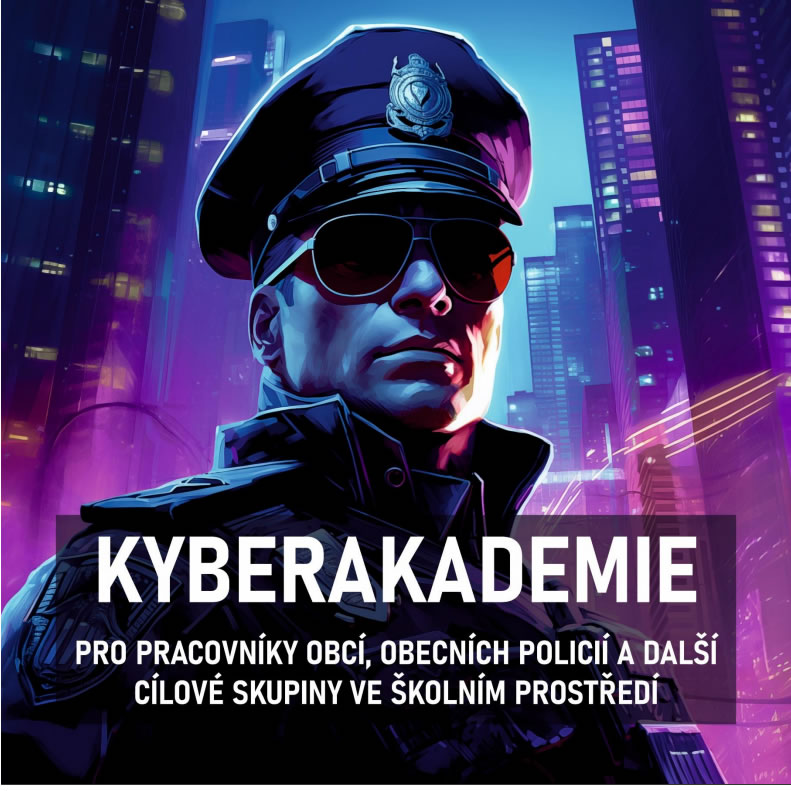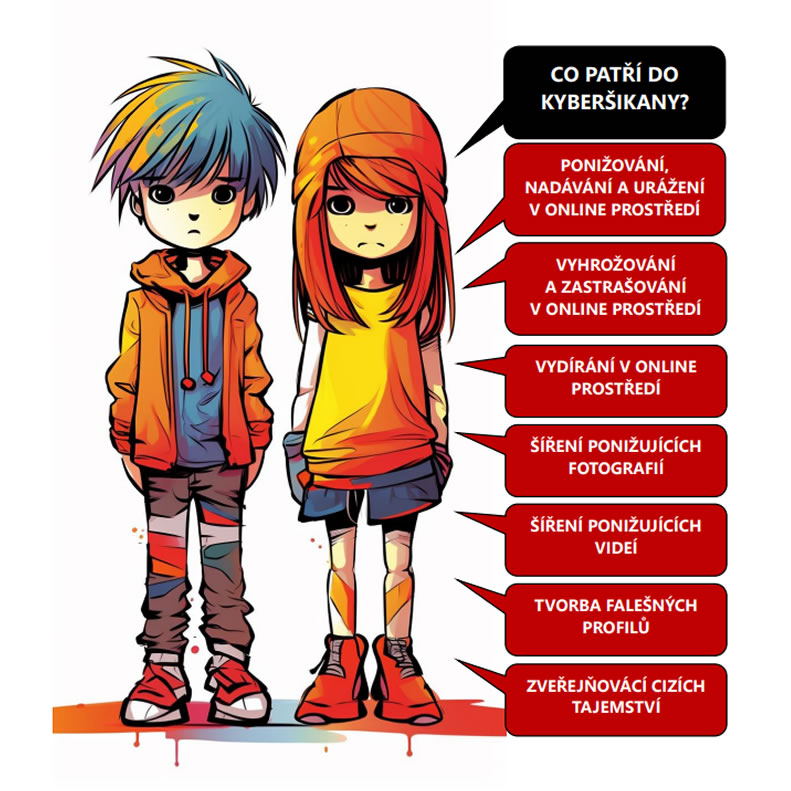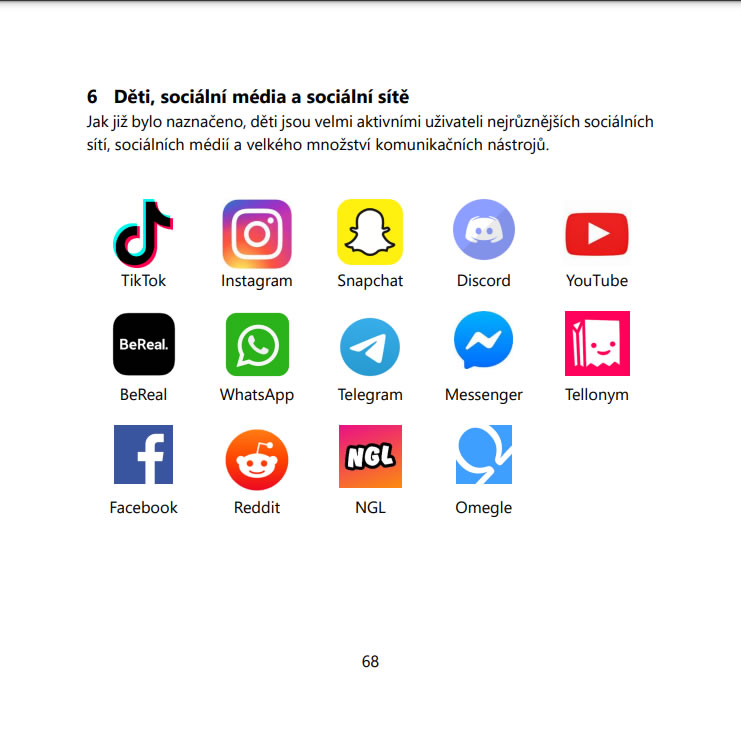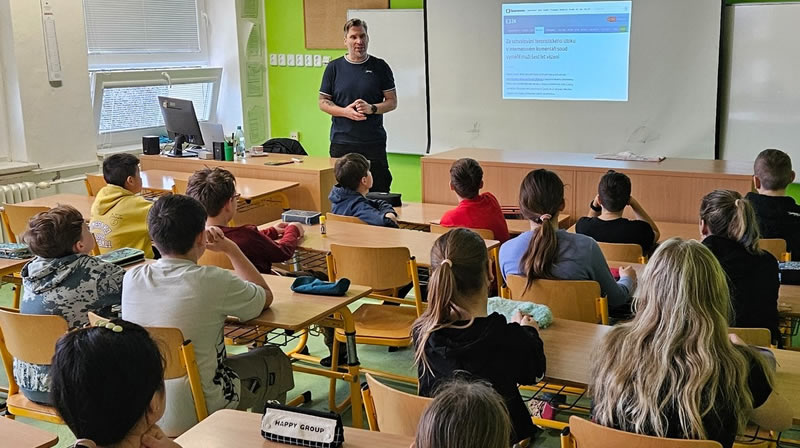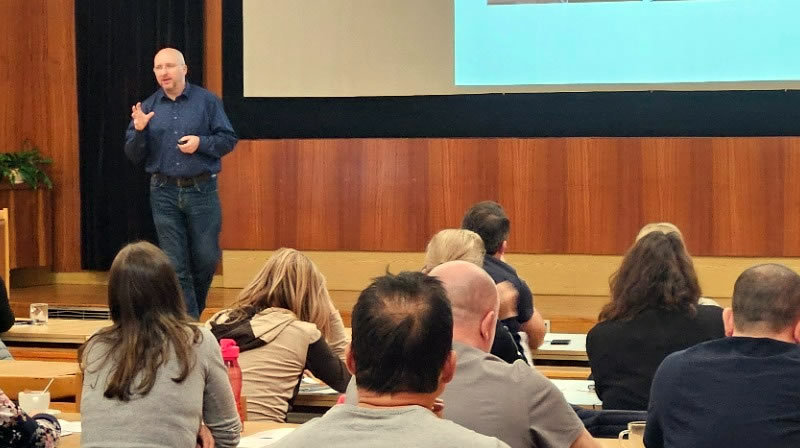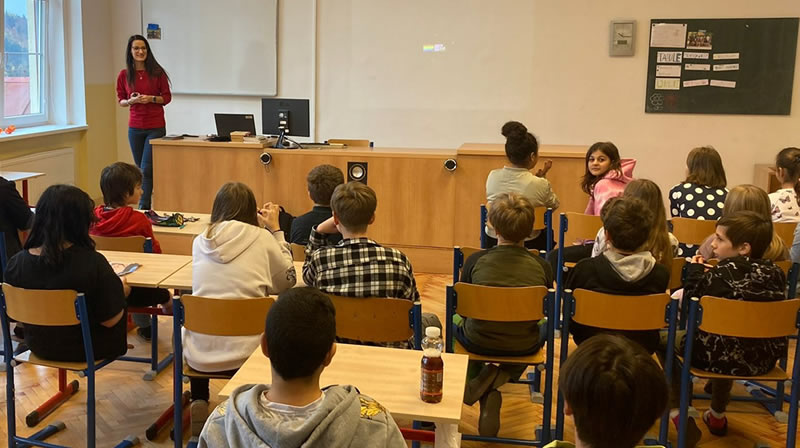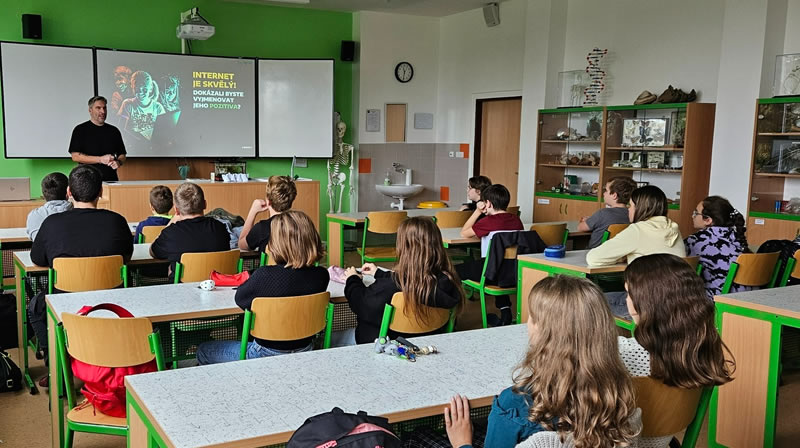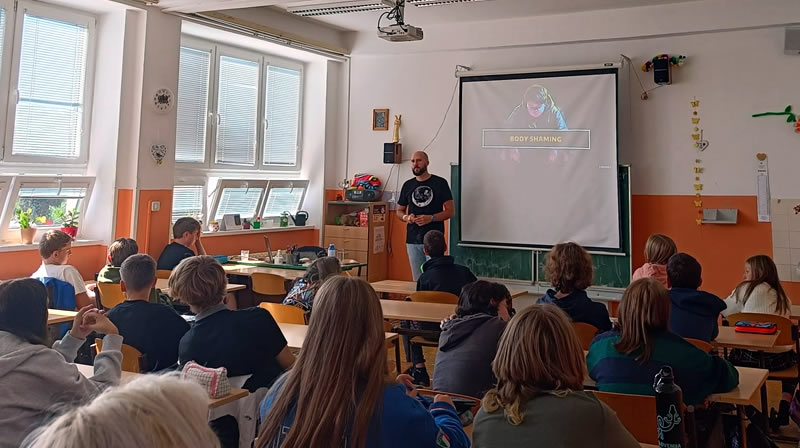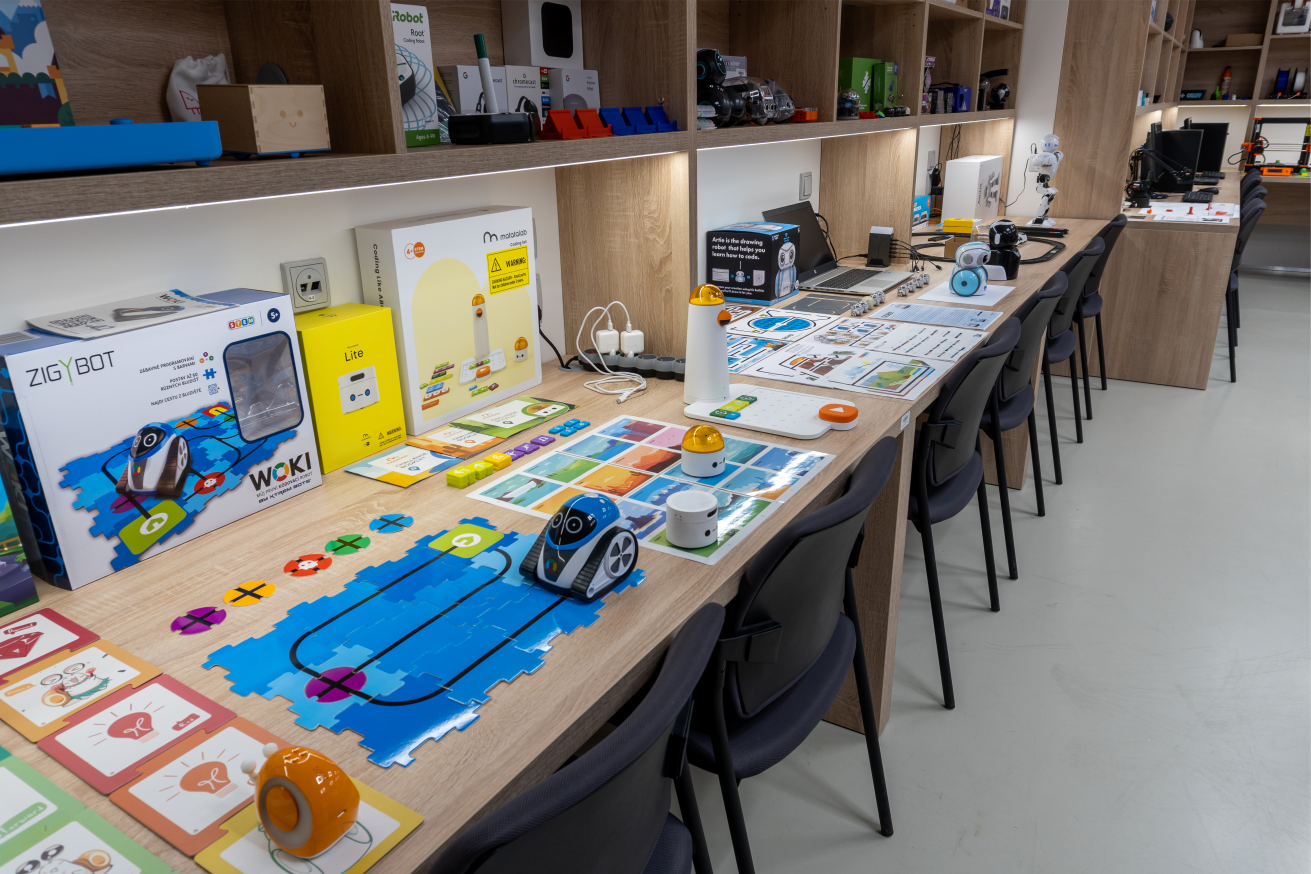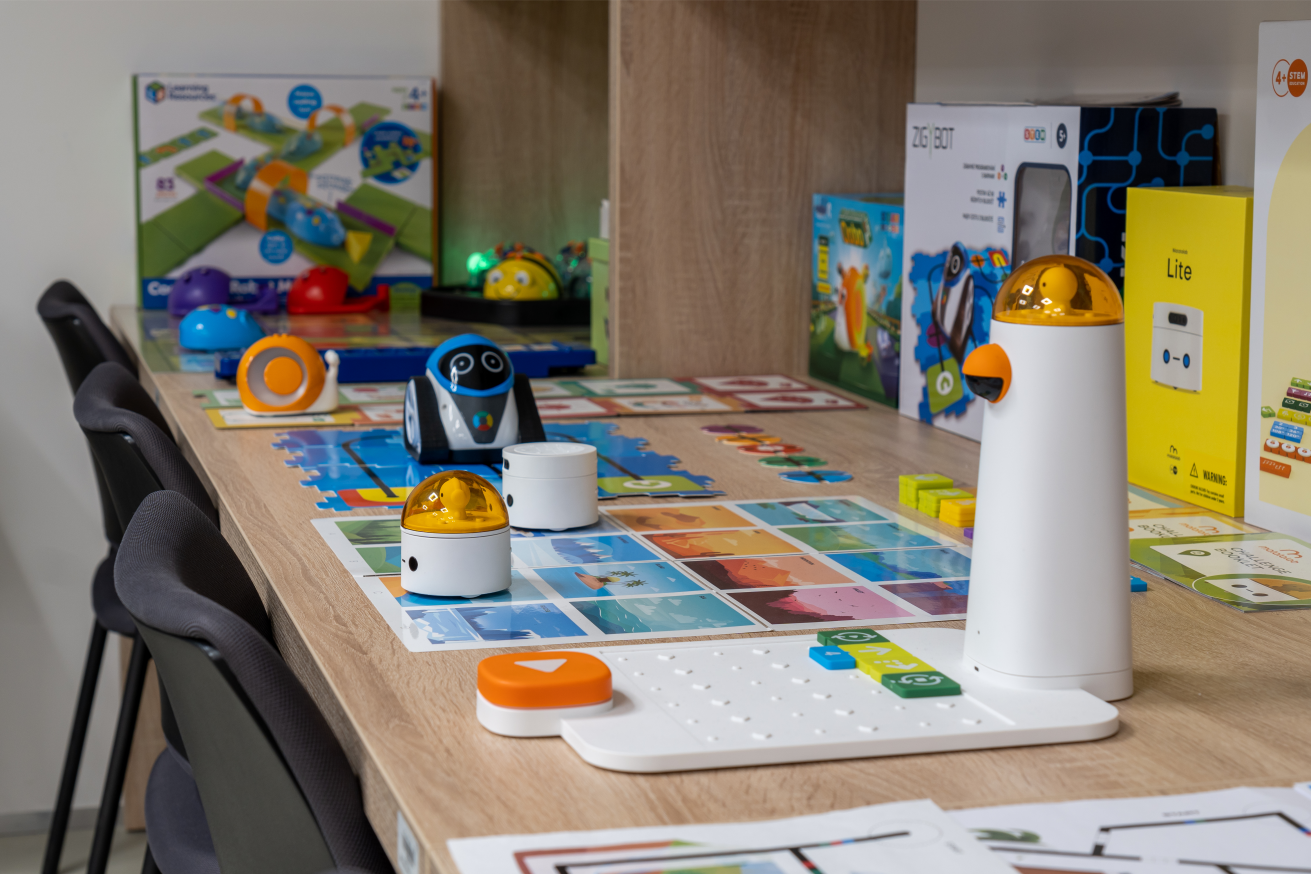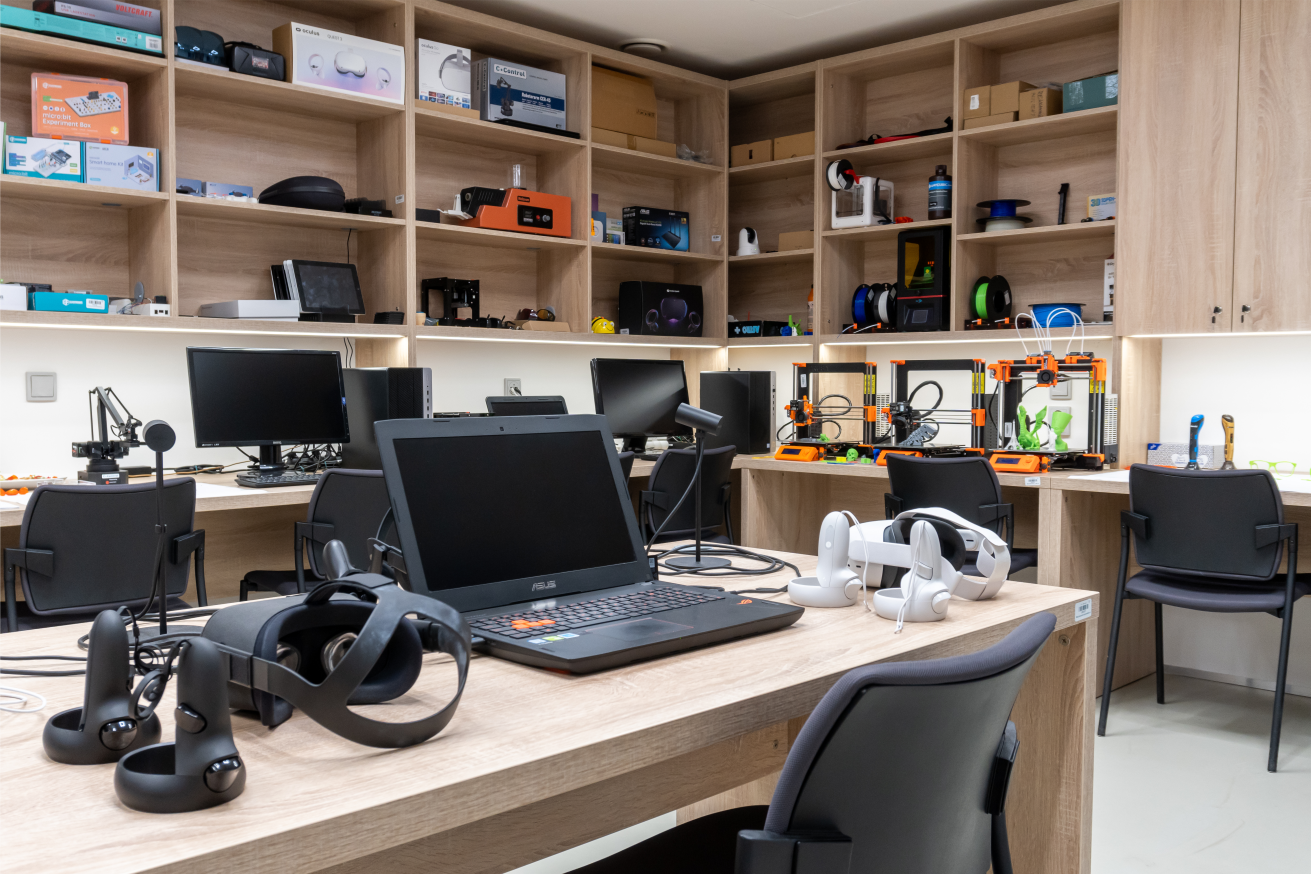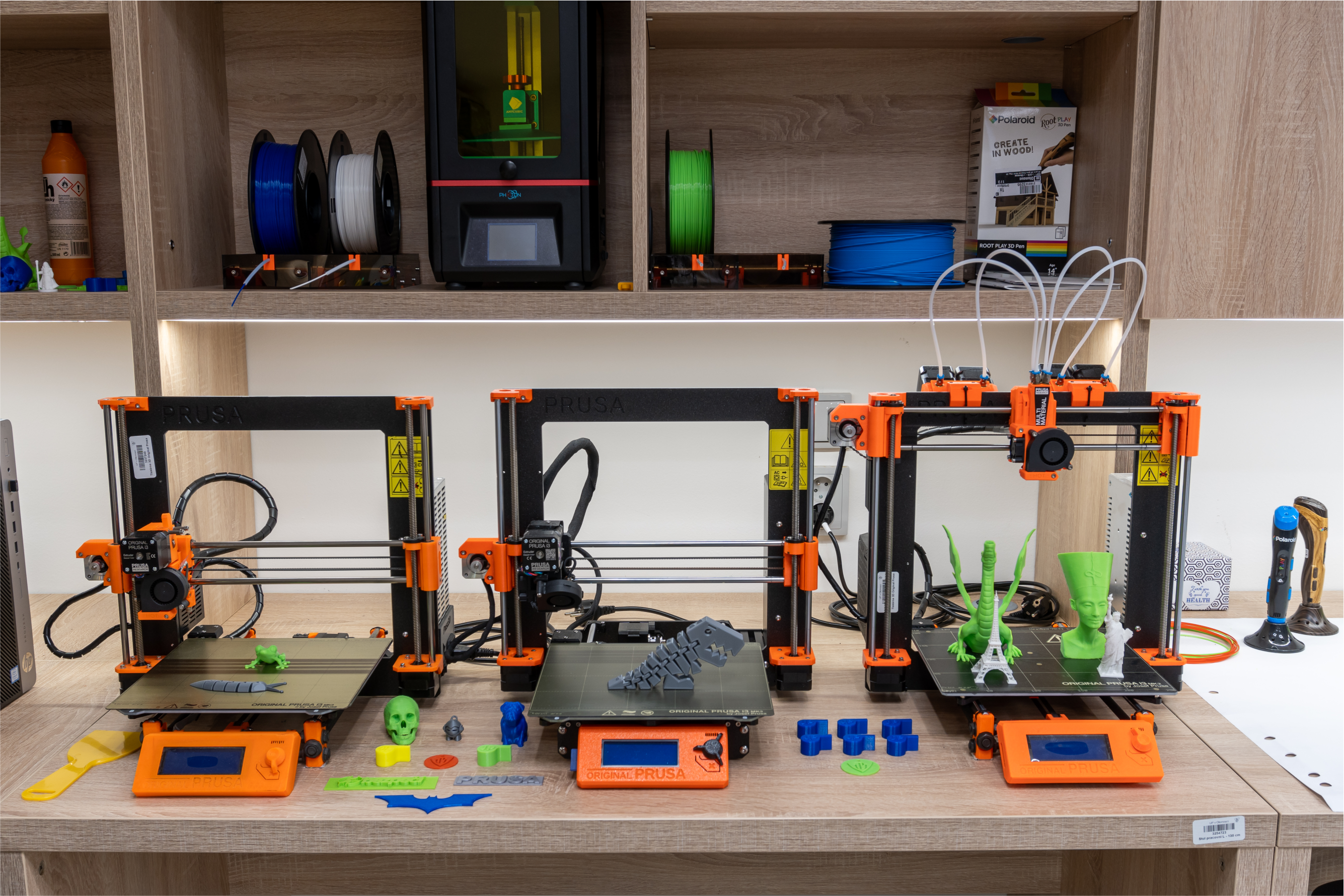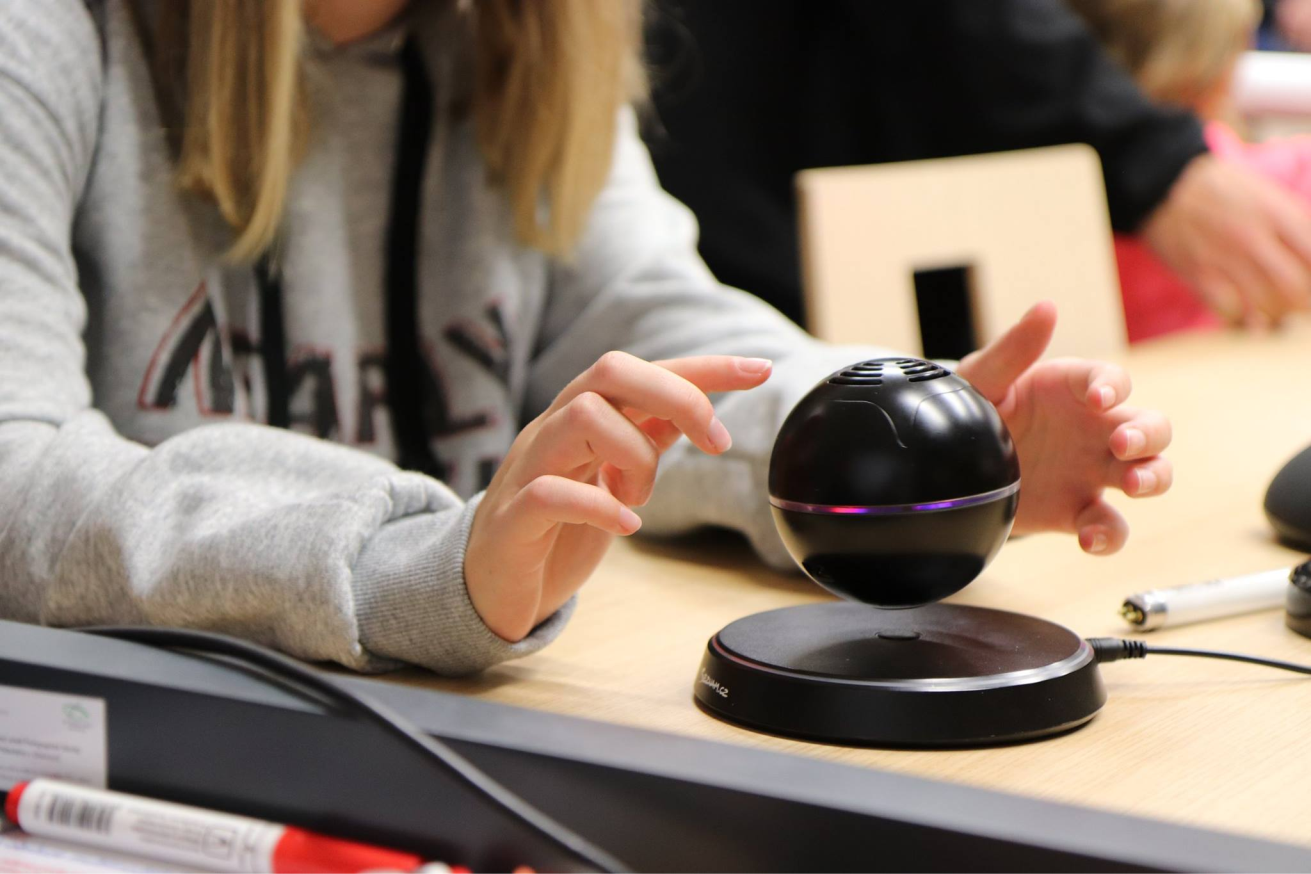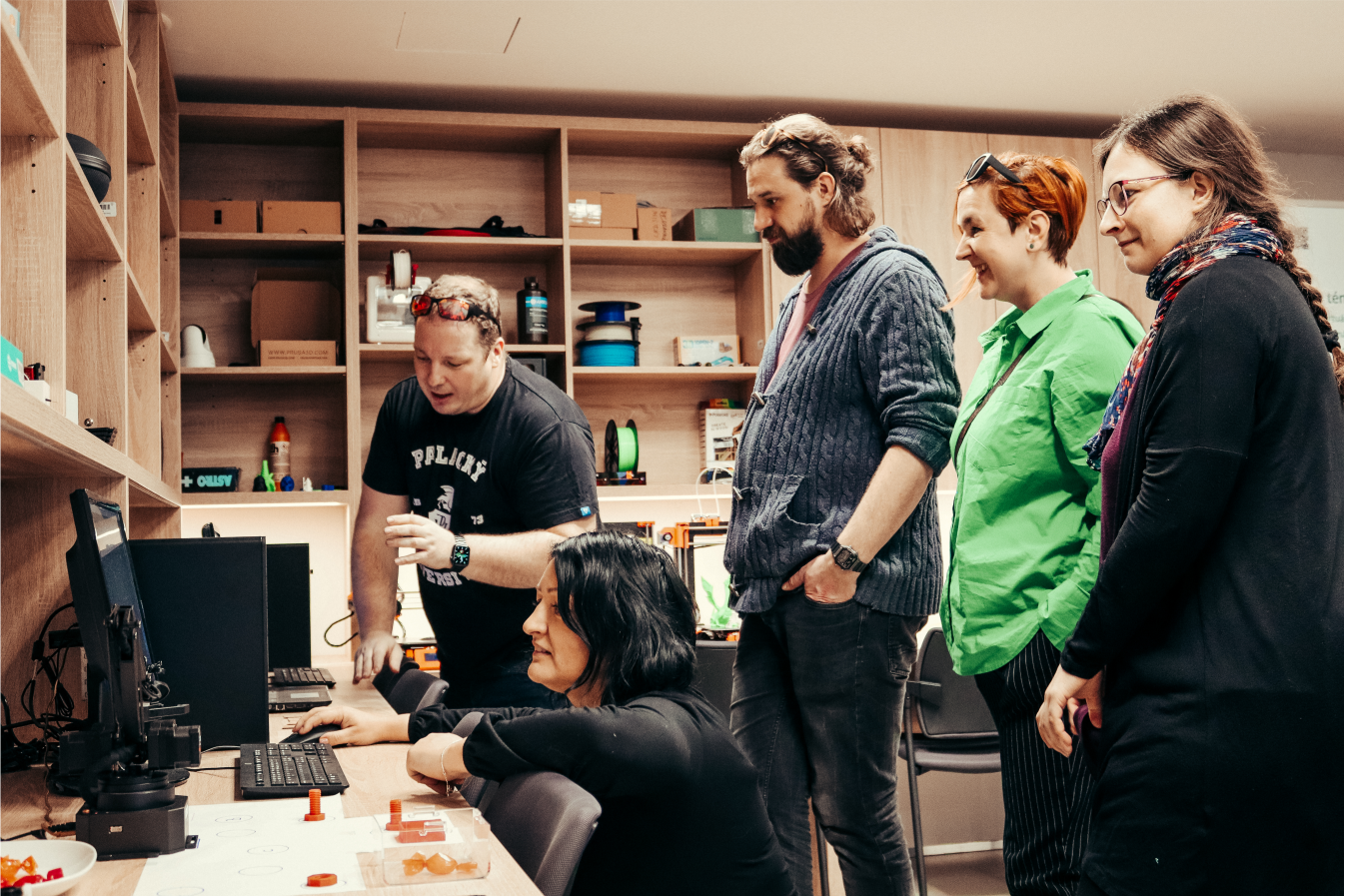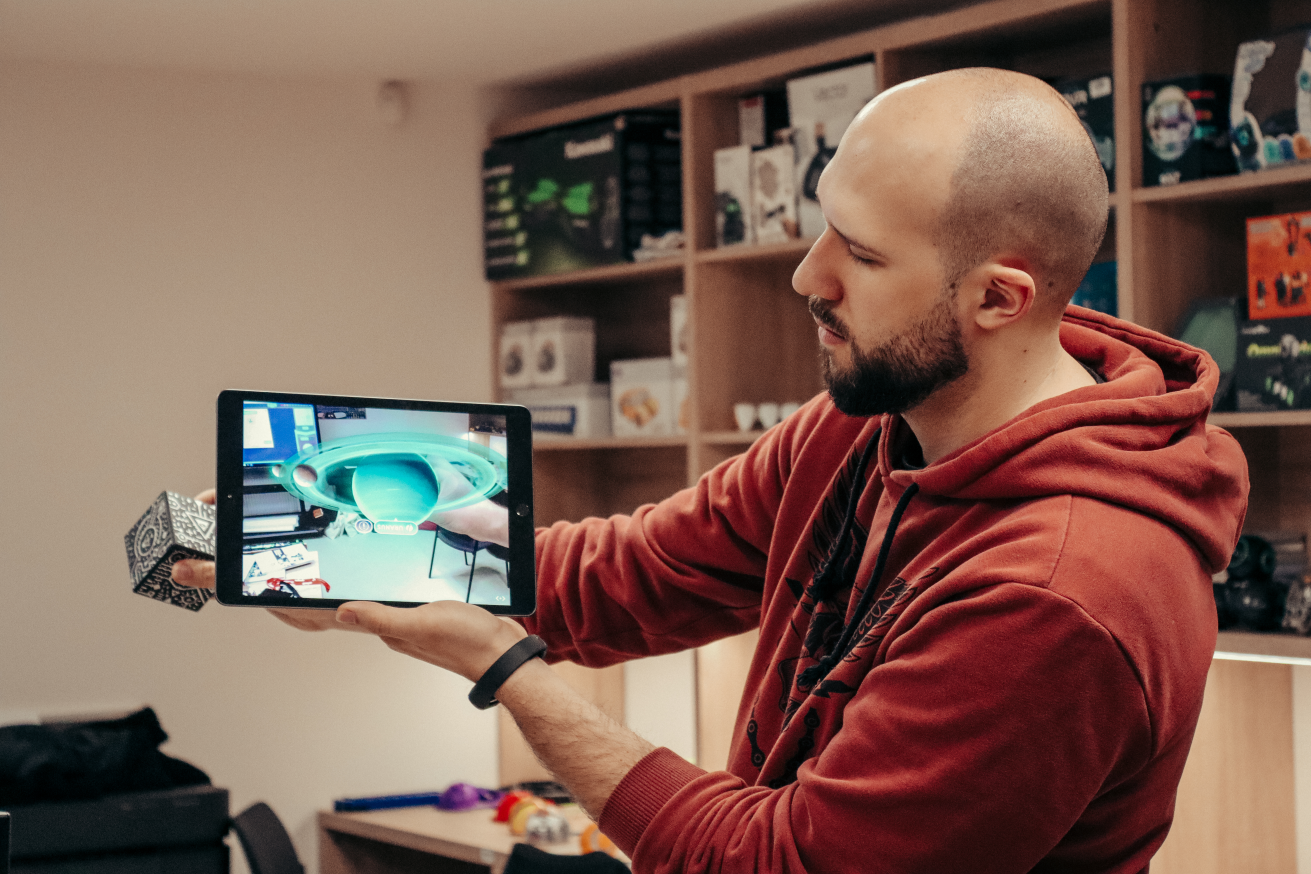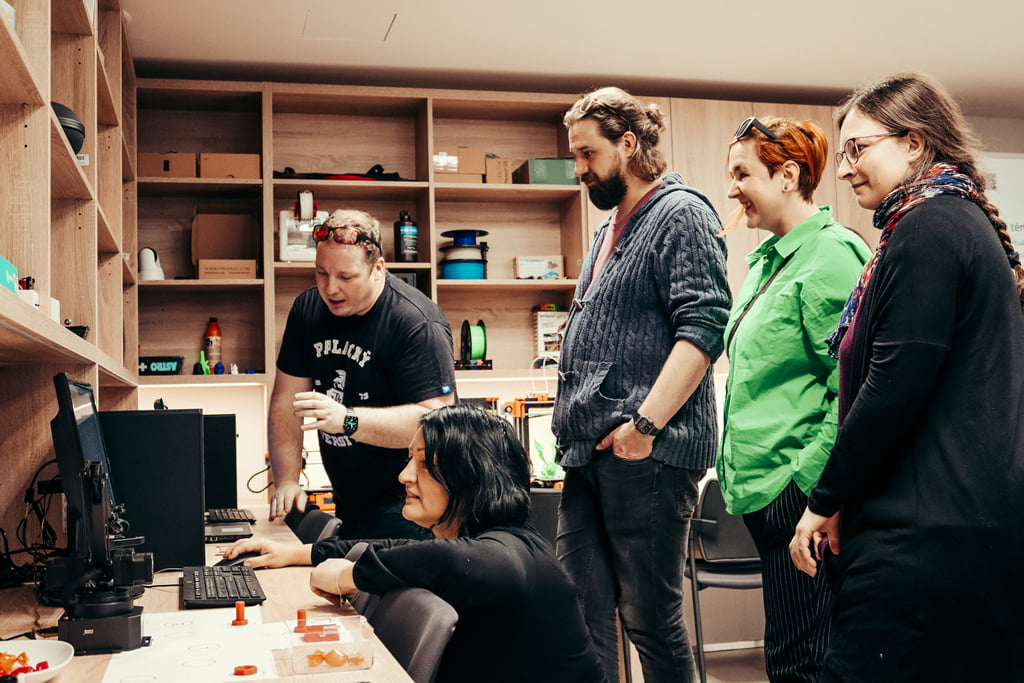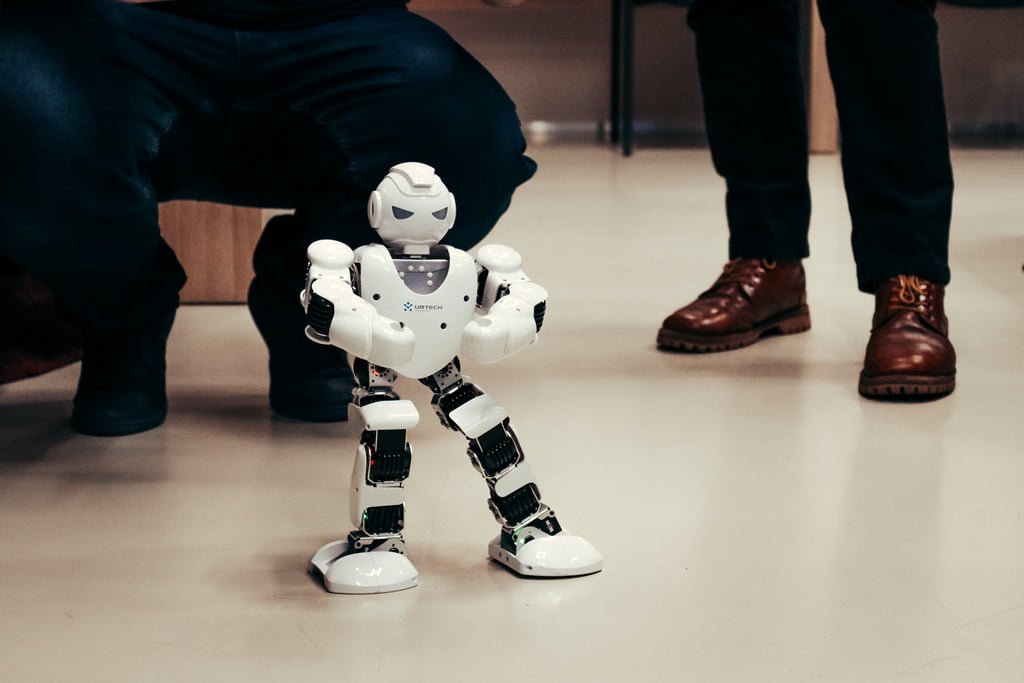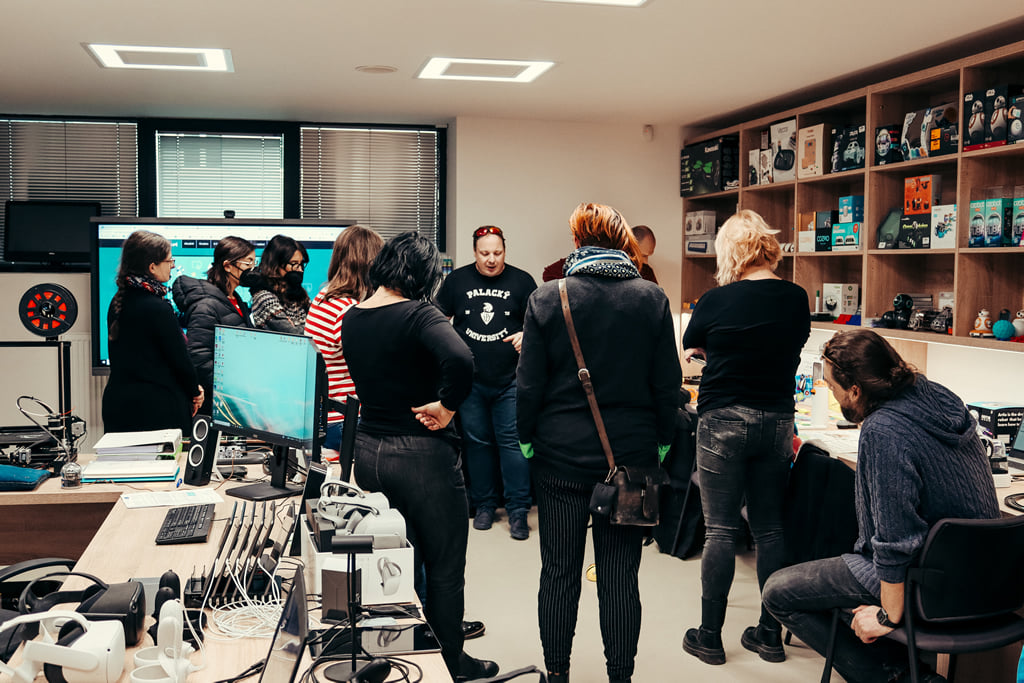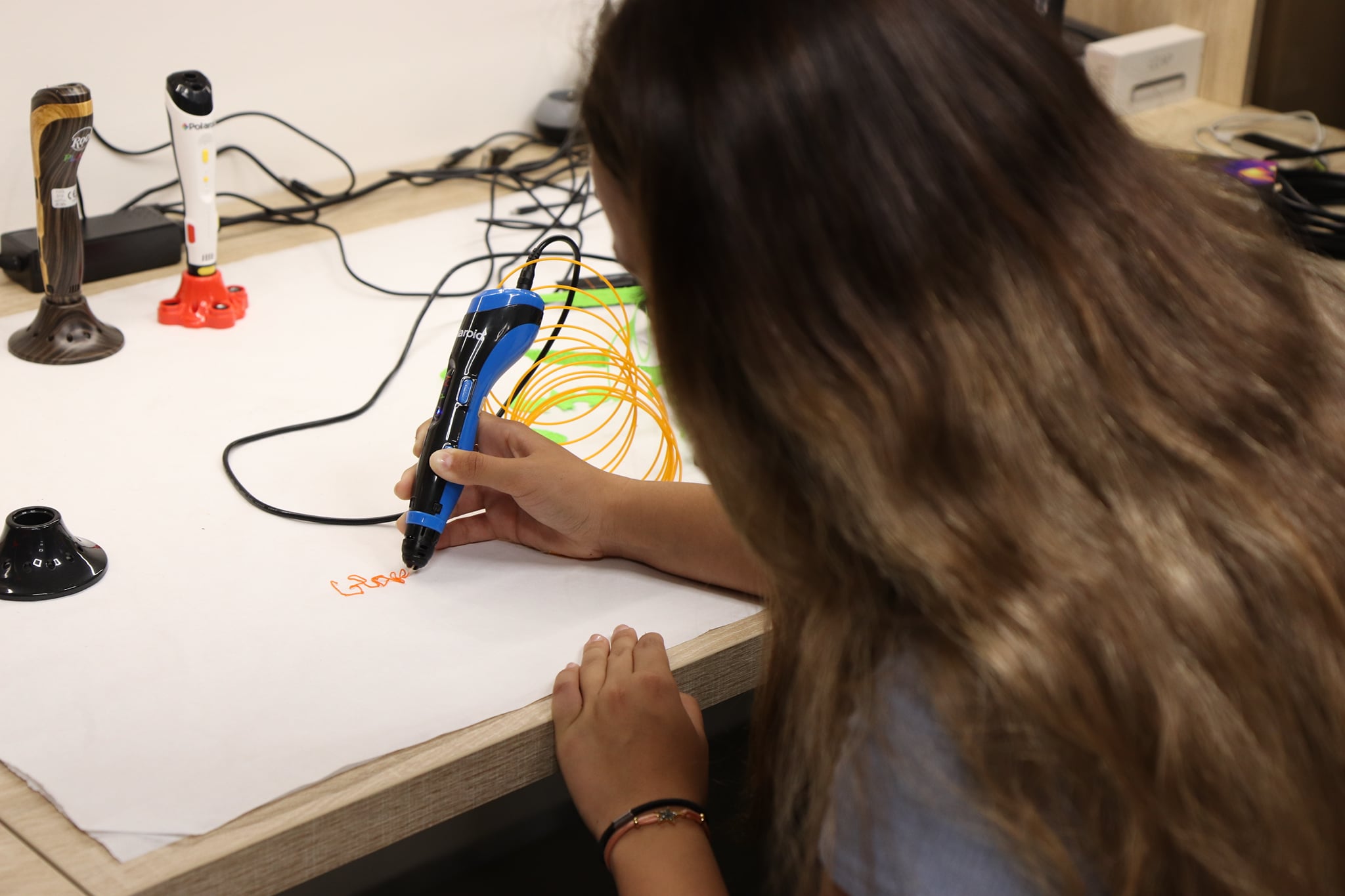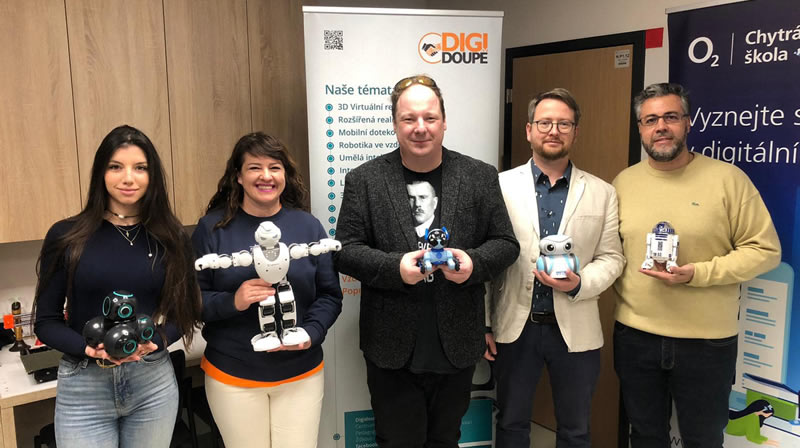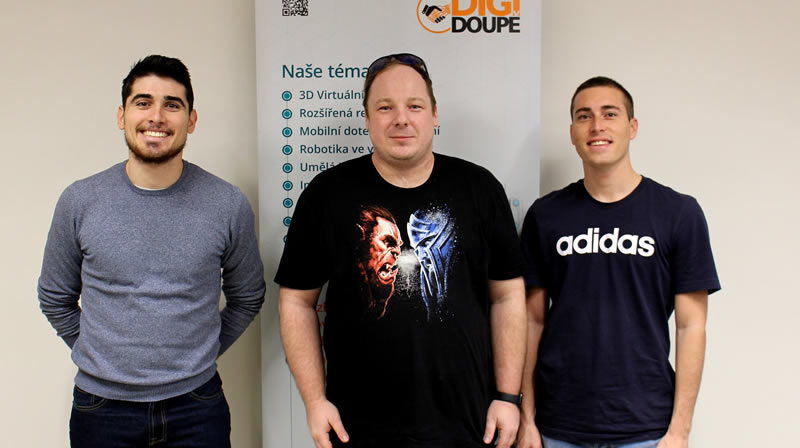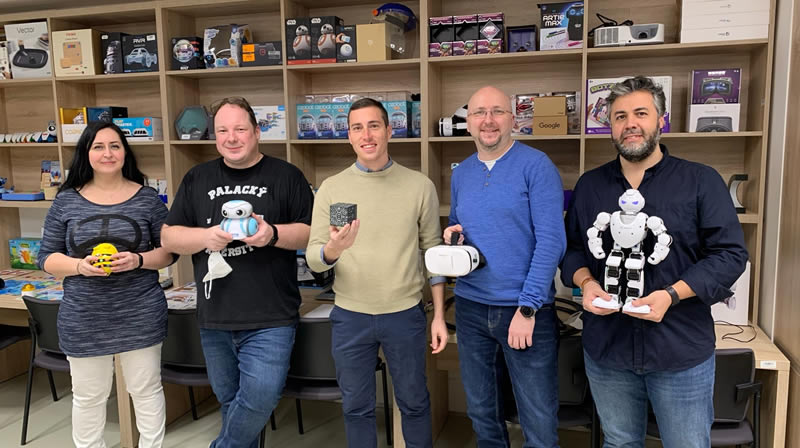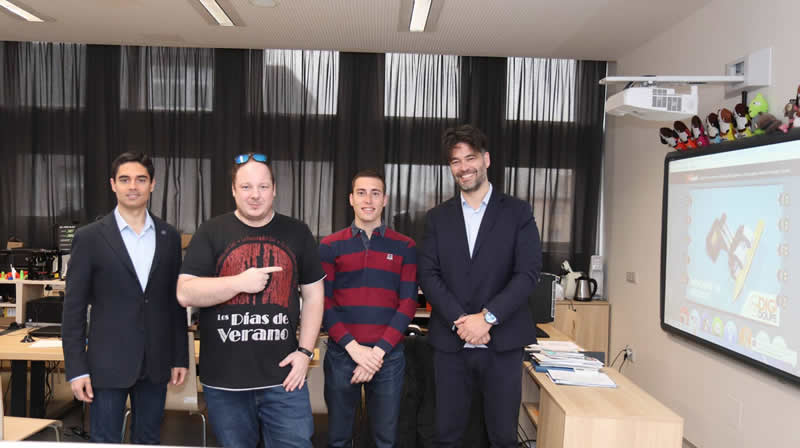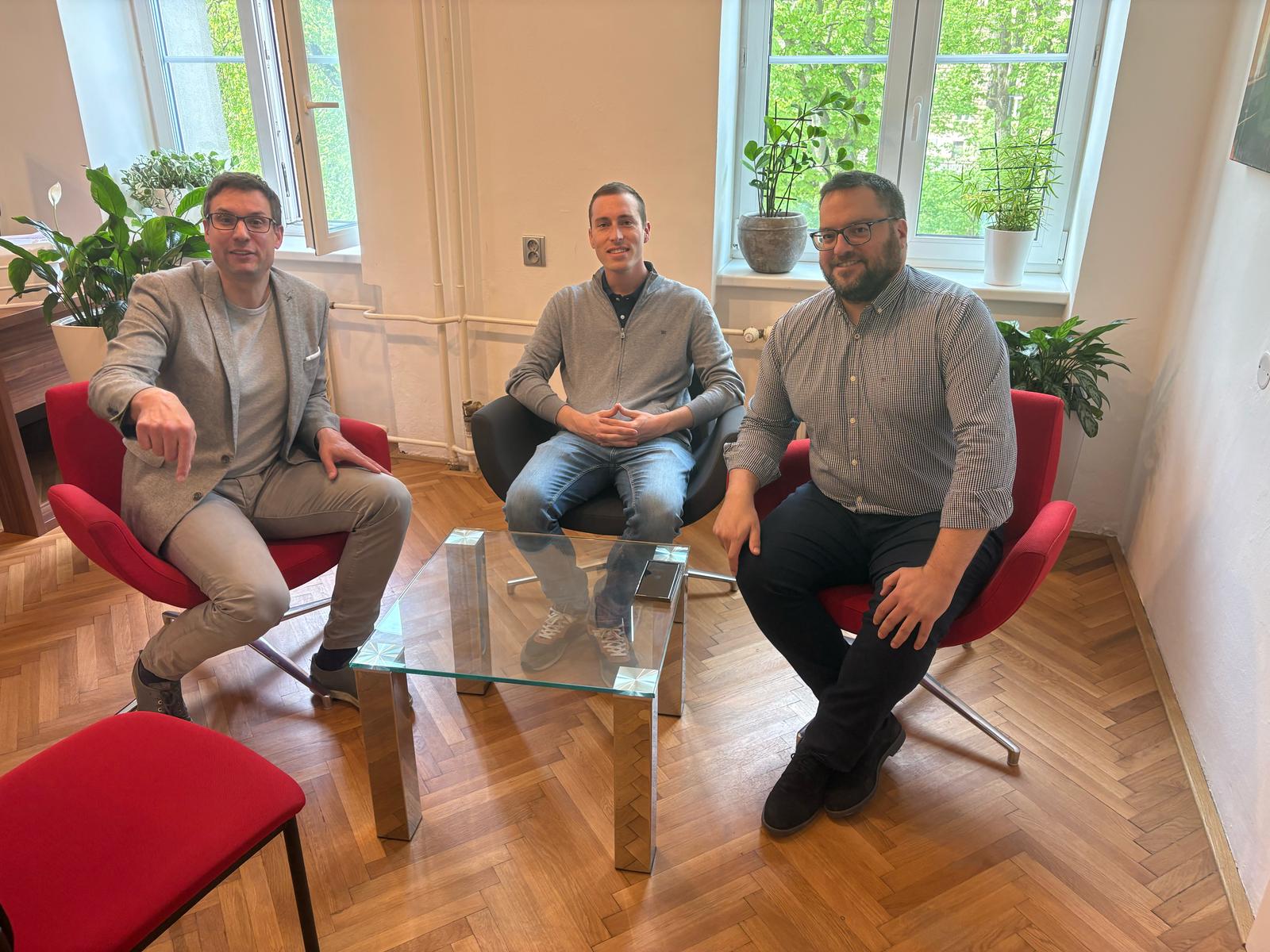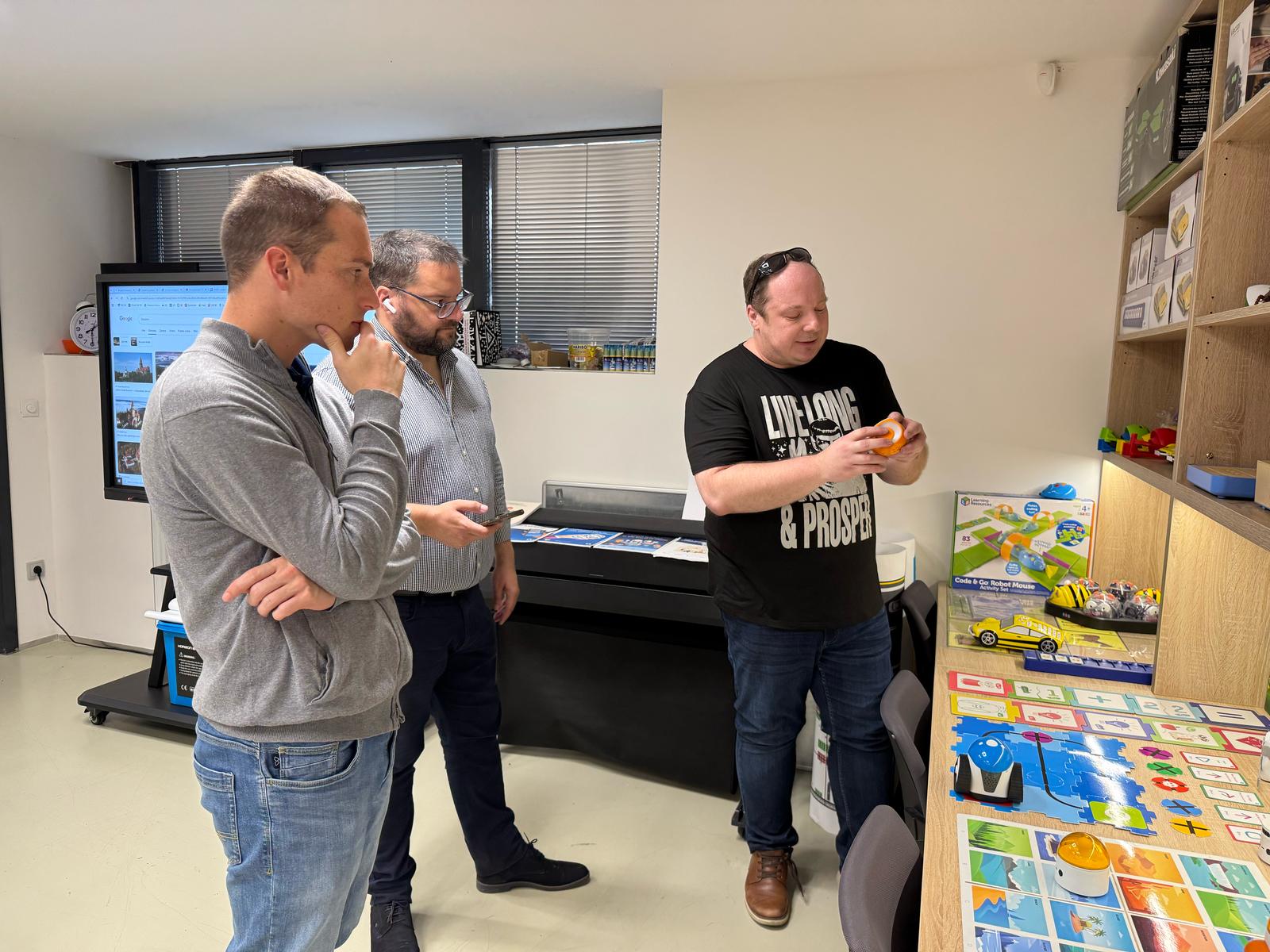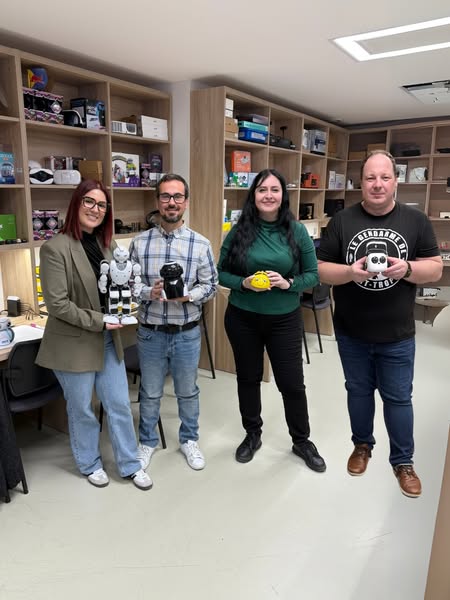Scientific papers (Web of Knowledge) - examples
Morelli M., Rosati F., Cattelino E., Urbini F., Baiocco R., Bianchi D., Laghi F., Gasseau M., Sorokowski P., Misiak M., Dziekan M., Hudson H., Marshall A., Nguyen TT., Mark L., Kopecký K., Szotkowski R., Demirtaş ET., Ouytsel JV., Ponnet K., Walrave M., Zhu T., Chen Y., Zhao N., Liu X., Voiskounsky A., Bogacheva N., Ioannou M., Synnott J., Tzani C., Balakrishnan V., Okumu M., Small E., Nikolova SP., Drouin M., Ragona A., Chirumbolo A. (2025) Emotionally Tough, Sexting Rough: Investigating the Relationship Between Callous Unemotional Traits and Aggravated Sexting in 11 Countries. PSICOTHEMA. Vol. 37 (nº 3). 33-44. https://doi.org/10.70478/psicothema.2025.37.22

Kopecký, K., Voráč, D. (2025) The phenomenon of deep nudes—a new threat to children and adults. AI & Society. https://doi.org/10.1007/s00146-025-02425-4

Kopecký, K. & Voráč, D.(2025). Possibilities of using generative artificial intelligence to support education from the perspective of primary and secondary school students in the Czech Republic. Revista Electrónica Interuniversitaria de Formación del Profesorado, 28(2), 145-159.
https://revistas.um.es/reifop/article/view/661521/382271


Novotný, J.S., Kvintová, J., Váchová, L., Szotkowski, R., Kopecký, K., Romero-Rodríguez, J.M. (2025) Exploring the Negative Consequences of Online Body Shaming: A Study of Czech Adolescents. J Child Fam Stud. https://doi.org/10.1007/s10826-025-03032-z


Kopecký, Kamil; Voráč, Dominik; Szotkowski, René; Krejčí, Veronika; Mackenzie, Karolína; Ramos-Navas-Parejo, Magdalena (2023). "Teachers in a world of information: Analysis on detecting false information". Profesional de la información, v. 32, n 5, e320501. https://doi.org/10.3145/epi.2023.sep.01


Romero-Rodríguez, J.M., Hinojo-Lucena, F.J., Kopecký, K. & García-González, A. (2023). Digital fatigue in university students as a consequence of online learning during the Covid-19 pandemic. Educación XX1, 26(2), 165-184. https://doi.org/10.5944/educxx1.34530

KOPECKÝ, K., SZOTKOWSKI, R., KREJČÍ, V. Gómez-García, G. Digital safety and its importance in teacher education. Analysis of children's online behaviour in the Czech and Polish context. (2022) Revista Interuniversitaria de Formación del Profesorado, 98(36.2),79-92. ISSN 0213-8646.

Kopecký, K., Voráč, D., Mikulcová, K., Krejčí, V., Gómez García, G. (2022) Disinformation and Its Negative Impact in The Changing World of Mass Media (Specifically Focused on the COVID-19 Pandemic in the Czech Republic). Libri. DeGruyter. https://doi.org/10.1515/libri-2021-0048

Romero-Rodríguez, José-M., Kopecký, K., García-González, A., Gómez-García, G. Sharing images or videos of minors online: Validation of the Sharenting Evaluation Scale (SES) (2022). Children and Youth Services Review, Volume 136, 106396, ISSN 0190-7409. https://doi.org/10.1016/j.childyouth.2022.106396.


Kopecký, K.; Fernández-Martín, F.-D.; Szotkowski, R.; Gómez-García, G.; Mikulcová, K. Behaviour of Children and Adolescents and the Use of Mobile Phones in Primary Schools in the Czech Republic (2021). Int. J. Environ. Res. Public Health. 18, 8352. https://doi.org/10.3390/ijerph18168352



Morelli M, Urbini F, Bianchi D, Baiocco R, Cattelino E, Laghi F, Sorokowski P, Misiak M, Dziekan M, Hudson H, Marshall A, Nguyen TTT, Mark L, Kopecky K, Szotkowski R, Toplu Demirtaş E, Van Ouytsel J, Ponnet K, Walrave M, Zhu T, Chen Y, Zhao N, Liu X, Voiskounsky A, Bogacheva N, Ioannou M, Synnott J, Tzani-Pepelasi K, Balakrishnan V, Okumu M, Small E, Pavlova Nikolova S, Drouin M, Chirumbolo A. (2021) The Relationship between Dark Triad Personality Traits and Sexting Behaviors among Adolescents and Young Adults across 11 Countries. Int J Environ Res Public Health. Mar 4;18(5):2526. doi: 10.3390/ijerph18052526. PMID: 33806314; PMCID: PMC7967332.



Morelli, M., Chirumbolo, A., Bianchi, D., Baiocco, R., Cattelino, E., Laghi, F., Sorokowski, P., Misiak, M., Dziekan, M., Hudson, H., Marshall, A., Nguyen, T. T. T., Mark, L., Kopecky, K., Szotkowski, R., Toplu Demirtaş, E., Van Ouytsel, J., Walrave, M., Zhu, T., Chen, Y., Zhao, N., Liu, X., Voiskounsky, A., Bogacheva, N., Ioannou, M., Synnott, J., Tzani-Pepelasis, K., Balakrishnan, V., Okumu, M., Small, E., Nikolova, S. P., & Michelle Drouin (2020). The Role of HEXACO Personality Traits in Different Kinds of Sexting: A Cross-Cultural Study in 10 Countries. Computers in Human Behavior. https://doi.org/10.1016/j.chb.2020.106502


AZNAR-DÍAZ, I. A., KOPECKÝ, K., SZOTKOWSKI, R., ROMERO-RODRÍGUEZ, J. M. R. (2020). Self-expression and addiction: Instagram use by Czech and Spanish university students. Plaridel. Advance online publication. http://www.plarideljournal.org/article/self-expression-and-addiction-instagram-use-by-czech-and-spanish-university-students/

DÍAZ, I. A., KOPECKÝ, K., RODRÍGUEZ, J. M. R., RECHE, M. P. C., & TORRES, J. M. T. (2020). Pathologies associated with problematic internet use. A systematic review and meta-analysis in wos and scopus. Investigacion Bibliotecologica. Universidad Nacional Autonoma de Mexico. https://doi.org/10.22201/iibi.24488321xe.2020.82.58118

KOPECKÝ, Kamil a René SZOTKOWSKI. Sexting in the Population of Children and Its Risks: A Quantitative Study. (2018) International Journal of Cyber Criminology [online]. Vol. 12, no. 2, pp. 376-391. Dostupné z: doi:10.5281/zenodo.3365620

KOPECKÝ, Kamil a René SZOTKOWSKI. Specifics of Cyberbullying of Teachers in Czech Schools – A National Research. Informatics in Education [online] (2017). Vol. 16, no. 1, pp. 1–16. Dostupné z: doi:10.15388/infedu.2017.06

Diaz, I. A., Kopecký, K., Rodríguez, J. M., Trujillo Torres, J. M. Patologías asociadas al uso problemático de Internet. Una revisión sistemática y meta-análisis en WOS y Scopus. (2020) Investigacion Bibliotecologica,34,82,229-253. 2020. (IF 0.350)

KOPECKÝ, K., SZOTKOWSKI, R., GÓMEZ GARCÍA, G., HINOJO-LUCENA, F. J. (2020) Behaviour of Young Czechs on the Digital Network with a Special Focus on YouTube. Children and Youth Services Review, 116, 105191. https://doi.org/10.1016/j.childyouth.2020.105191


KOPECKÝ, K., SZOTKOWSKI, R., AZNAR-DÍAZ, I., & ROMERO-RODRÍGUEZ, J. M. (2020). The phenomenon of sharenting and its risks in the online environment. Experiences from Czech Republic and Spain. Children and Youth Services Review, 110, 104812. https://doi.org/10.1016/j.childyouth.2020.104812


KOPECKÝ, Kamil a René SZOTKOWSKI. Cyberbullying , cyber aggression and their impact on the victim - the teacher. (2017) Telematics and Informatics [online]. 34, 2. ISSN 0736-5853. Dostupné z: doi:10.1016/j.tele.2016.08.014

KOPECKÝ, Kamil. Online Blackmail of Czech Children Focused on “Sextortion” (Analysis of Culprit and Victim Behaviors). (2017) Telematics and Informatics [online]. 2017, roč. 34, č. 1, s. 11–19. ISSN 0736-5853. Dostupné z: doi:10.1016/j.tele.2016.04.004

KOPECKÝ, Kamil. Czech Children and Facebook – A Quantitative Survey. Telematics and Informatics [online]. (2016) roč. 33, č. 4, s. 950–958. ISSN 0736-5853. Dostupné z: doi:10.1016/j.tele.2016.02.008

KOPECKÝ, Kamil. Misuse of web cameras to manipulate children within the so-called webcam trolling. Telematics and Informatics [online]. (2016) roč. 33, č. 1, s. 1–7. ISSN 0736-5853. Dostupné z: doi:10.1016/j.tele.2015.06.005

KOPECKÝ, Kamil. Cyberbullying in a Population of Slovak Teenagers (Quantitative Research). Human Affairs [online]. (2016) roč. 26, č. 2, s. 117–127. ISSN 1337-401X. Dostupné z: doi:10.1515/humaff-2016-0013

TOMCZYK, Łukasz a Kamil KOPECKÝ. Children and Youth Safety on the Internet: Experiences from Czech Republic and Poland. (2015) Telematics and Informatics [online]. 2015, roč. 33, č. 3. ISSN 07365853. Dostupné z: doi:10.1016/j.tele.2015.12.003

KOPECKÝ, Kamil. Sexting among Czech preadolescents and adolescents. New Educational Review [online]. (2012) roč. 28, č. 2, s. 39–48. ISSN 1732-6729. Dostupné z: http://www.scopus.com/inward/record.url?eid=2-s2.0-84864819528&partnerID=tZOtx3y1 (IF SJR 2014 0,206)

Quartile classification is based on current Web of Knowledge metrics (2025).





